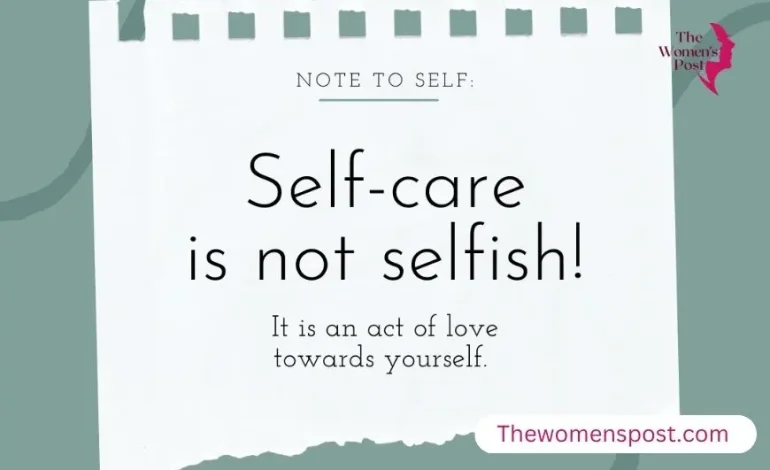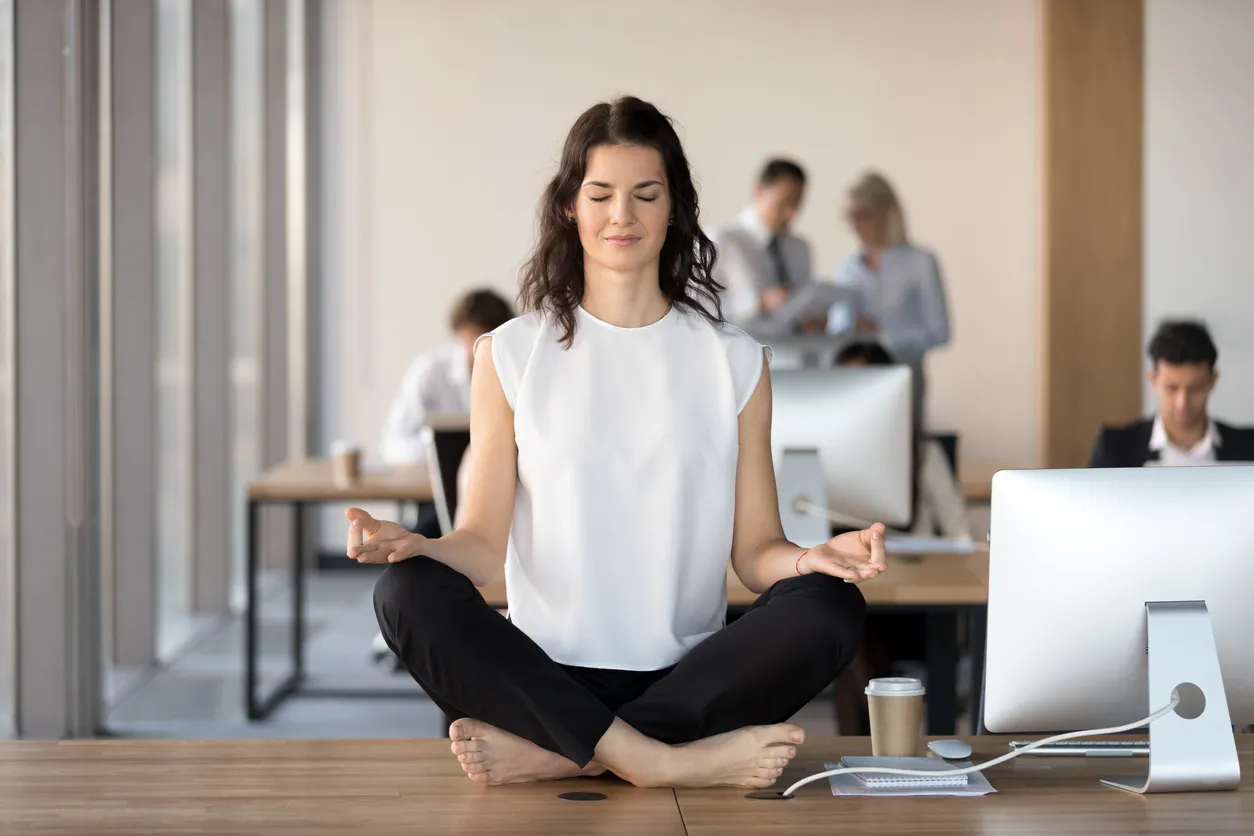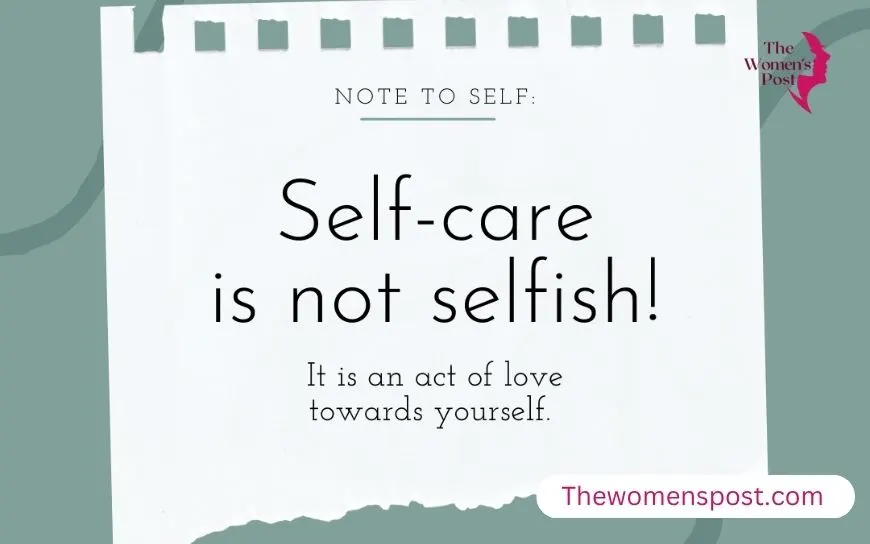The Different Types Of Self-Care Activities And How They Help On A Holistic Level

Self-care entails far more than just baths or massages. It is an integrated methodology of looking after oneself in every aspect of life. Self-care activities support the mind, body, emotions, relationships, and spirit—all at once. Gaining this deeper understanding of the different types of self-care activities and their holistic benefits, and how they support overall wellness, helps people to create a balanced routine that truly nourishes them from the inside out. These self-care benefits are important in living a healthy and fulfilling life.
Physical Self-Care
Physical self-care incorporates movement, nutrition, and rest to maintain the body. Examples of physical self-care include regular exercise, healthy nutrition, adequate intake of water, and sufficient sleep. While exercising, the human body releases endorphins, which naturally elevate mood and reduce stress. Regular physical activity strengthens the heart, improves flexibility, and boosts energy levels throughout the day. The benefits of physical, mental, emotional, and spiritual self-care are all interconnected, and physical self-care is foundational.
Equally important to physical self-care is proper sleep. The body repairs itself during sleep, consolidates memories, and restores energy for the following day. Eating whole foods and staying hydrated keeps the body functioning at an optimal level and prevents many health problems. People build a strong foundation by taking good care of the body, and this in turn, makes them more capable of coping with life. In this way, these self-care benefits support longevity and overall vitality.
Mental Self-Care
Mental self-care includes those activities that keep the mind sharp and active. Reading books, learning new skills, solving puzzles, and hobbies are great examples of mental self-care. These activities challenge the brain and help maintain cognitive function. Learning something new, whether it be a language, musical instrument, or craft, gives people a sense of accomplishment that helps build self-confidence. This comes under holistic self-care practices for mind, body, and spirit.
When the mind is engaged and stimulated, individuals feel more motivated and focused in their daily lives. Other ways of caring for the mind include limiting screen time before bed and taking breaks from work to avoid mental exhaustion. With a cared-for mind comes better decision-making, improved creativity, and increased strength to deal with life’s hindrances. These are important self-care benefits for a balanced life.
Emotional Self-Care

Also Read: Five Ways To Stay Warm On The Most Cold Days
Emotional self-care involves acknowledging one’s feelings and working to process them in a very healthy manner. This can be done through journaling, talking with close trusted friends or family, seeking therapy if needed, and allowing oneself to feel emotions without judgments. Too many people suppress their feelings, which builds on stress and anxiety. Through the act of writing, conversation, or creative outlet, individuals release emotional tension and can see more clearly about their situation. This is so crucial for holistic self-care practices of the mind, body, and spirit.
Another important thing in emotional self-care is practicing self-compassion. People learn not to be hard on themselves but to treat themselves with the same kindness they’d offer a good friend. This helps reduce negative self-talk and improves self-esteem. When emotions are properly managed, people experience greater inner peace and improved relationships with others. These self-care benefits give rise to emotional balance and personal growth.
Social Self-Care
Social self-care involves nurturing meaningful relationships and connections with others. In this category come spending quality time with family and friends, joining groups of interest, and participation in community activities. Humans are innately social creatures, and connection to others is vital in respect to happiness and wellbeing. The holistic benefits of the different types of self-care activities involve social self-care as a pillar of wellness.
Regular social interaction reduces feelings of loneliness and isolation, which adversely affect mental health. Strong relationships support the individual through times of adversities and make one feel that they belong. When people invest time in their relationships, they feel valued and supported. Helping others and giving back to one’s community also brings a sense of purpose and fulfillment that benefits overall wellness.
Spiritual Self-Care
Spiritual self-care does not necessarily mean following some kind of religious practice, though it can include that. Spiritual self-care deals with the things that connect one with something greater than themselves and provide meaning and purpose in life. Some people may do this through prayer or meditation. Other ways might include connecting with nature, yoga, or other volunteer activities that are important to them. This is one important part of holistic self-care practices for mind, body, and spirit.
Meditation and mindfulness create a calmness in the mind, thus decreasing stress. Being in nature makes one feel peaceful and connected to the world. When people live with a purpose and their actions are in line with their values, they feel more satisfied with life. Spiritual self-care integrates meaning into one’s life and helps one cruise through life with much clarity and intention. These advantages in turn contribute to powerful self-care benefits.
Practical Self-Care
Practical self-care consists of attending to the ordinary things in life, such as tidying up one’s house, and keeping it comfortable, while arranging finances, managing schedules, and attending to personal hygiene. These may be considered as routine activities, yet they have much to do with a person’s well-being.
A clean, organized space reduces stress and creates a calming environment. When finances are managed responsibly, people worry less about money and feel more secure. Keeping up with personal hygiene and grooming boosts confidence and self-image. By handling practical matters, people create stability in their lives, which allows them to focus on personal growth and other aspects of self-care—a key self-care benefit.
Professional Self-Care

Also Read: Homemade Face Masks: Simple Beauty From Your Kitchen
Professional self-care is concerned with establishing a balanced, healthy relationship to work and career; setting boundaries between work and personal time, breaks during the day, career development, and seeking help when needed. Many people struggle with work-life balance, which is associated with burnout and decreased productivity.
Setting clear boundaries—for example, not checking work emails outside of work hours—protects personal time and mental health. Breaks during the day maintain focus and ensure that exhaustion does not occur. Professional growth and development give people the sense of moving forward and satisfaction. When work is in balance with other aspects of life, people do their jobs more effectively and find more general satisfaction. This balance provides another critical self-care benefit.
How These Types Work Together
The diverse types of self-care activities and their holistic benefits do not stand in isolation but interlink for a holistic approach to wellness. For instance, physical exercise enhances mental clarity, which in turn raises emotional well-being. Spending time with loved ones provides social support while offering avenues for spiritual connection. Keeping an organized home reduces stress and hence supports emotional health, while also improving sleep quality.
When one level of self-care is neglected, others also suffer. Someone might focus only on physical fitness and disregard their emotional needs; they may still experience anxiety and stress. Or the person who is socially active yet physically inactive may not have the energy and confidence to fulfill the relationships in his life. A balanced approach that addresses all dimensions creates a more complete base on which to establish overall health and happiness, illustrating the profound self-care benefits.
Creating a Self-Care Routine
Understanding these different kinds of self-care activities and their holistic benefits helps an individual create a routine personalized to his or her unique life and needs. Not everyone needs the same activities or the same amount of time devoted to each area. Some people may prioritize spiritual self-care, whereas others may put more of an emphasis on physical or social activities.
The key to consistency is in the intention. People continue this process of self-care through multiple dimensions, building resilience, improving mood, and increasing confidence by creating a life that is more balanced and fulfilling. It is okay to love oneself first, as self-care is not a selfish thing; it is an essential investment one needs to make in their well-being to show up better for others and to face challenges in life with strength and peace. These are some of the most valuable self-care benefits.









